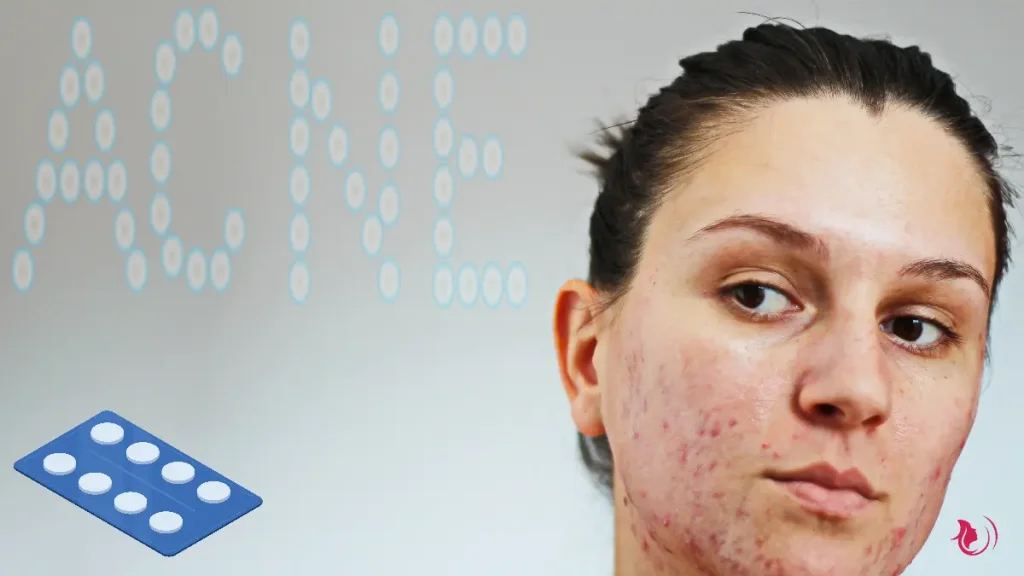Roaccutane primarily addresses severe to moderate acne conditions, particularly cystic acne, causing inflamed and angry pustules. Despite the numerous questions around this medication, it is a prominent prescription choice amongst professionals for treating acne on the face or body due to its impressive effectiveness.
Potential Mental Health Implications
An essential aspect to scrutinise is the Roaccutane’s crucial ingredient – a potent retinoid compound. This compound can significantly impact various systems in the body. For instance, multiple studies have marked it out as a potential risk factor for mental health. It could potentially heighten feelings of depression and foster several mental health complications. Consequently, a patient should thrash out these aspects thoroughly with their GP or Dermatologist, weighing the risks against the benefits, and discussing potential measures to preempt these issues.
Sensitivity & Risks Related to Skin
Roaccutane’s impact extends to skin sensitivity as well. There are two primary issues related to this area: symptomatic sensitivity and photosensitivity. Symptomatic sensitivity refers to the heightened reaction of the skin to various factors such as touch, temperature, and water changes, which could cause significant discomfort. On the other hand, photosensitivity implies increased sensitivity to UV radiation which could lead to redness, tenderness, acne outbreaks, hyperpigmentation, and potentially trigger rosacea.
To manage these conditions, a discussion with your dermatologist about your skincare routine is of paramount importance. Avoiding strong active ingredient skincare and using a reliable sunscreen to protect your skin from UV radiation are crucial steps.
However, concerns have come to the fore when professionals prescribe Roaccutane without explaining the mental health risks and the significance of maintaining a comprehensive skincare regime, including regular sunscreen usage.
Implications for Further Treatments
Skin expert and founder of aesthetic clinic Skin NV, Dr Natasha Verma noted that: “Roaccutane can interfere with the skin’s healing ability which can impact any further treatment planned”. She added that “to avoid an unpredictable journey of skin recovery, many professionals prefer not to administer any treatments to patients currently on Roaccutane or those who have been off it for less than six months.”
Final Thoughts
While Roaccutane can offer immense relief from severe and persistent acne, it becomes crucial for the patients to be well-informed. There is an urgent need to raise awareness about the various implications of using this medication. It is essential for patients to ask questions, understand their treatment fully, and ensure they are guided by medical professionals who can discuss all aspects of this medication comprehensively.


